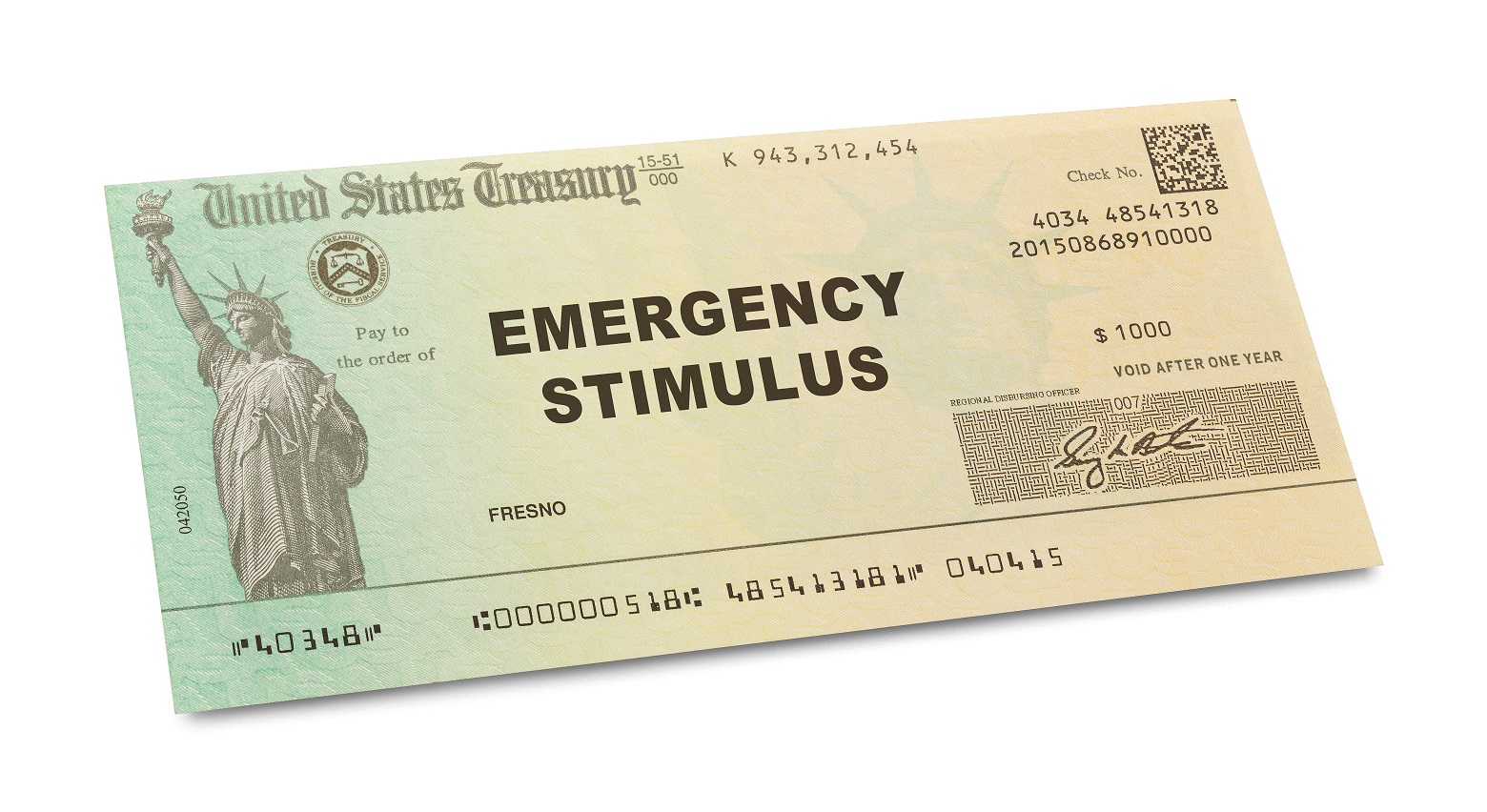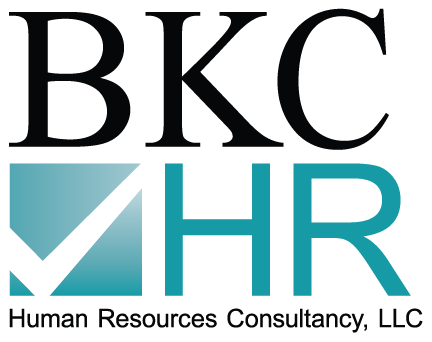 On Monday December 21, the House and Senate approved $900 billion in relief for individuals and businesses affected by the coronavirus pandemic. President Trump is expected to sign the bill into law on Tuesday December 22nd. Highlights of the new legislation are as follows:
On Monday December 21, the House and Senate approved $900 billion in relief for individuals and businesses affected by the coronavirus pandemic. President Trump is expected to sign the bill into law on Tuesday December 22nd. Highlights of the new legislation are as follows:
-
-
- A refundable tax credit of $600 for single taxpayers, $1,200 for joint filers, and an additional $600 per dependent child. However, these credits due begin to phase out at $75,000 of modified adjusted gross income for single filers, $112,500 for head-of-household filers, and $150,000 for joint filers at a rate of $5 per $100 of income over that threshold. Treasury Secretary Steven Mnuchin has said the first batch of payments could go out as early as the beginning of next week. Issuance of advanced payments will be based on the information on 2019 tax returns.
- The legislation clarifies that debt forgiven under the PPP (Paycheck Protection Program) is not included in gross income. It was also clarified that certain business expenses paid with the forgiven funds are in fact tax deductible. This overrules the IRS’s position it provided guidance on last month with Rev. Rul. 2020-27 reiterating that taxpayers may not claim a deduction for deductible expenses with PPP loan funds if the taxpayer reasonably expects loan forgiveness.
- A second round of PPP loan funds will be available for first-time borrowers and businesses who previously received PPP loan funds. Recipients of previous PPP loans may apply for additional funding of up to $2 million if they:
- Employ 300 or fewer employees;
- Have used or will use the full amount of their first PPP loan; and
- Demonstrate at least a 25 percent decrease in gross receipts in any 2020 quarter when compared to the same quarter in 2019.
- Eligible entities must be businesses, certain non-profit organizations, housing cooperatives, veteran’s organizations, tribal businesses, self-employed individuals, sole proprietors, independent contractors, and small agricultural co-operatives.
- The employee retention tax credit (ERTC) is extended until June 30, 2021.
- The $300 above-the-line-deduction is extended for one more year and for 2021 will be increased to $600.
- The legislation also clarifies that gross income does not include forgiveness of certain loans, Emergency Economic Insurance Disaster Loan (EIDL) grants, and certain loan repayment assistance, as provided by the CARES Act.
- The legislation will temporarily allow a 100% deduction for business meal food and beverage expenses provided at a restaurant. This does not include business “entertainment” expenses.
- An additional $300 in weekly federal unemployment insurance payments will be provided on top of state-level benefits for four months.
- On August 8, 2020, President Trump issued a memorandum allowing employers to defer withholding employees’ share of Social Security taxes from September 1, 2020, through December 31, 2020, and required employers to increase withholding and pay the deferred amounts ratably from those wages and compensation paid between January 1, 2021, and April 30, 2021. With the new legislation, the repayment period will be extended through December 21, 2021 and penalties and interest on deferred unpaid tax liability would not begin to accrue until January 1, 2022.
See the full Economic Relief Bill here.
-
Contact us with questions and read more helpful articles here.




